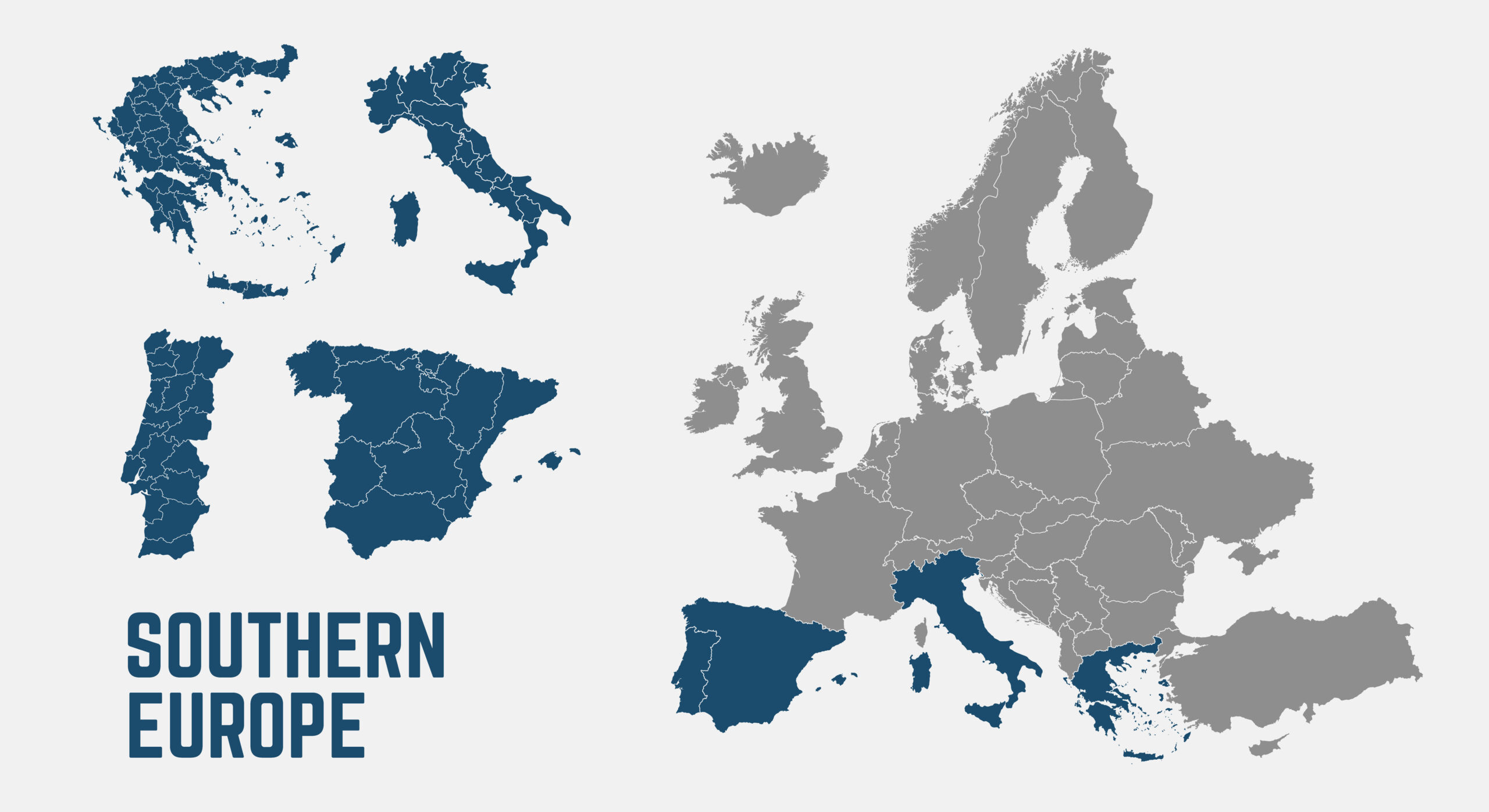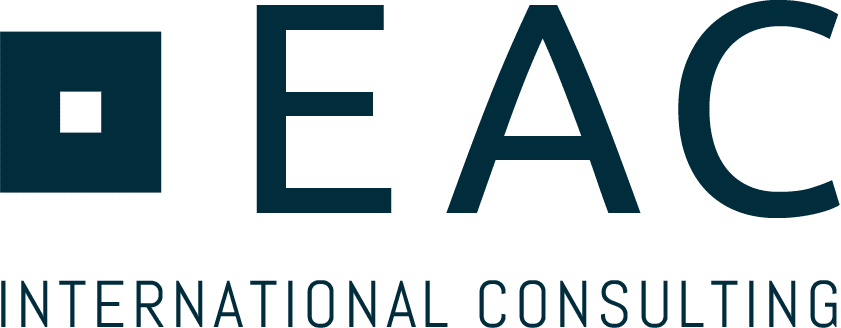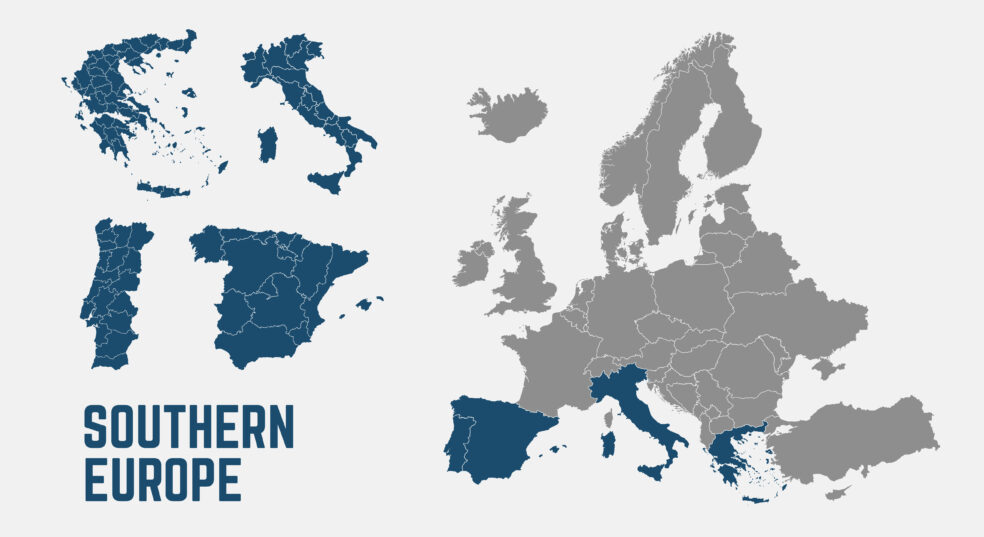The Resurrection of Southern Europe

One of the key drivers behind Southern Europe's economic revival is the composition of its economy, which is predominantly service-oriented. The resurgence of tourism post-pandemic has played a pivotal role, bolstered economic activity, and drove growth across the region. However, it's noteworthy that the growth isn't solely reliant on tourism. Non-tourism exports in Spain and Greece have also witnessed significant upticks, underscoring the diversification and resilience of these economies. Additionally, the burgeoning renewable energy sector, leveraging the region's abundant solar and wind resources, has emerged as an engine of growth.
The statistics paint a compelling picture of Southern Europe's economic trajectory. According to GDP forecasts, Spain, Portugal, and Greece are expected to outpace the EU-average growth rates in the coming years. With a growth rate of 2.4%, Portugal and Greece outpaced the average EU growth rate of 1.0% in 2023. These optimistic projections signal a robust and sustained recovery, fueled by a combination of domestic initiatives and external factors.
However, amidst the optimism, there linger doubts about the sustainability of growth, especially in the face of potential challenges from EU trading partners such as Germany. Structural impediments such as low per capita income and persistently high unemployment rates pose significant challenges, but also opportunities, to long-term growth prospects. Italy, in particular, grapples with the twin burdens of high debt and sluggish implementation of EU-funded investment plans, which could impede its economic resurgence if not addressed promptly.
Nevertheless, countries like Portugal and Greece offer opportunities, showcasing the potential for fiscal discipline and strategic investments to drive growth while reducing debt burdens. The higher unemployment rate compared to other Northern Europe also offers opportunities to find blue-and white-collar employees. Both countries, governed by absolute majorities, have demonstrated a commitment to prudent economic management, leveraging EU Recovery Funds to foster growth and innovation. The Southern European countries, collectively, remain pivotal players in the geopolitical arena, offering opportunities for "Friendshoring" and strategic partnerships.
Furthermore, the transition to renewable energy represents a transformative opportunity for the region. With ambitious targets set for the adoption of clean energy, countries like for instance Portugal aim to lead the way towards a sustainable future. Portugal's remarkable progress in renewable energy generation underscores the region's potential to become a global leader in clean energy technology and innovation. The country set the target to generate 85% of its electricity by 2030 with renewables but is on track to reach this goal even earlier. In 2023, renewables already generated 61% of the electricity mix.
In conclusion, Southern Europe's economic renaissance offers a compelling narrative of resilience, growth, and transformation. While challenges persist, the region's strategic investments, fiscal discipline, and commitment to renewable energy position it as a beacon of opportunity in a rapidly evolving global economy. By leveraging its strengths and addressing its weaknesses, Southern Europe is poised to emerge stronger and more resilient, charting a course towards a prosperous and sustainable future.
Investments requiring support can contact EAC partners Anna Ahlborn and Uwe Haizmann.





